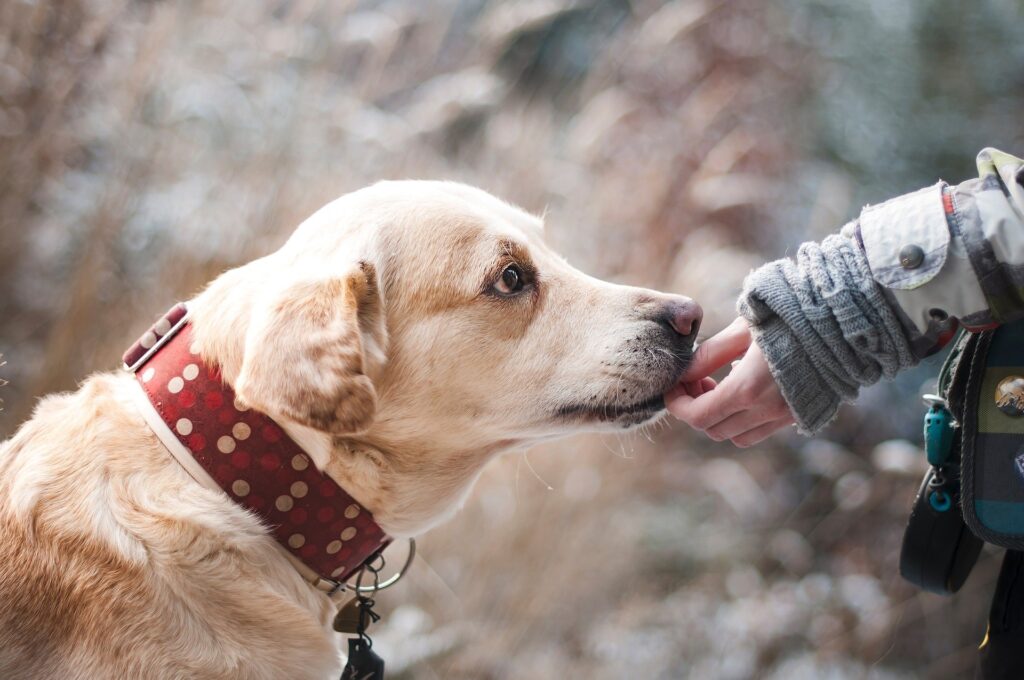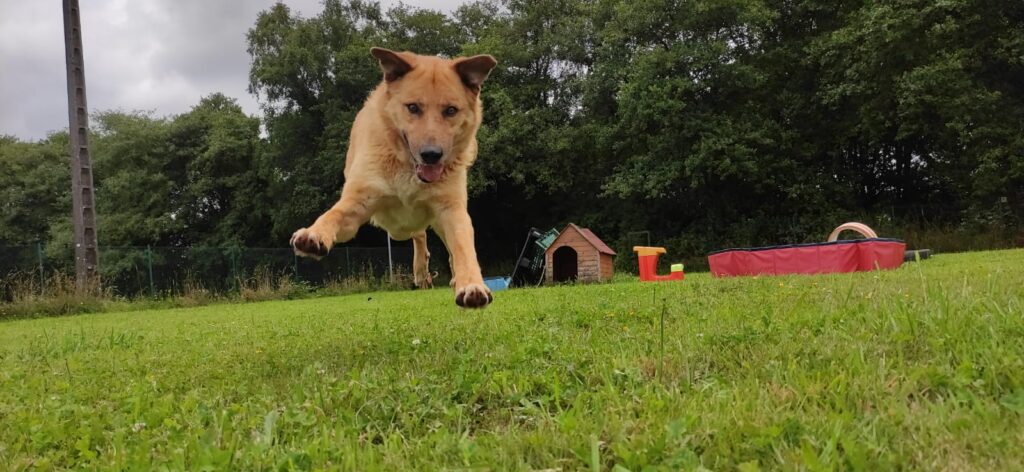It has harmed thousand of dogs and you should avoid it
For those of us that work and love dogs, nothing saddens us more than the term Rank reduction, Dominance Theory or simply Pack theory. No other theory has been so fully extended among dog owners even when dog scientists, and fully qualified dog behaviourists and trainers state that this theory is wrong again and again.
Rank Reduction theory was promoted by Robert Schenkel in 1947, and proved wrong just 40 years later by a fellow scientist. It tells us that if the humans behave as leaders and dominate the dog, the dog will behave well. It postulates that if we do not dominate the dog, the dog will assume a dominance role and boss their family around. Followers of the theory state that by treating the dog as a lower member of the family “pack” the dog will behave well and follow the humans lead. This theory is behind the methods used by Cesar Millar in his sadly popular TV programmes.
The reality is however very different. Dogs will not understand what the human wants from them, but for fear of reprisal they will just learn to enact or suppress a behaviour when in front of them. It usually damages the human dog bond, and causes distress for the dog when what the dog needs is an emotional reset to change how they feel in certain situations. It is the equivalent of us going to a psychologist to help us with anxiety and fear, and the psychologist screams at us not to be sad whilst ordering us to feel and behave better. The reality is that as dog book author Jean Donaldson states “dogs are not secretly planning a coup within their household”. This theory is plain CRUEL and all dogs and in particular adopted dogs deserve much better. Dog trainer’s methods, such as those of Cesar Millan, have now been denounced extensively as abusive by veterinarians, dog trainers, dog behaviourists, and animal protection groups.

Why is this theory wrong
Reduction Pack Theory is wrong because of two undeniable facts: Dogs and wolves are not pack animals and Dogs and wolves are two different species.
Scientists have been studying for many years the question of where dogs come from. Raymond and Lorna Coppinger, biologists with four decades experience with thousands of dogs, explain that although we know that wolves are the forebears of the modern dogs, wolves and dogs are as different or similar as orangutans are to humans. We all agree we have similar behaviours but there is no doubt that we are different species with different behaviour and communication patterns.
They go on to explain how for a start, dogs and wolves learn differently. Wolves cannot be trained, as they are problem solvers who use intuition, and dogs are the champions at learning using operational conditioning by which they will exhibit a behaviour if they are rewarded for it. They can learn almost anything this way but are unable to imitate an action following close observation, which wolves expertly do.

Wolves are not pack animals, although some may choose to work in groups to guarantee survival, many just choose to live in pairs and when we see wolves acting as leaders of a group, it is often just parents guiding and teaching their own cubs. This is not leadership but just the normal behaviour of any parent.
Wolves and Dogs are also different physically. Dog’s brains, teeth, and jaws are smaller. A dog cannot survive in a wolf’s environment and wolves will never be able to behave as a dog and become pets, even if we hand rear them over several generations.
A third and very important issue is that the behaviour and training world is highly unregulated. This means that anybody can become and advertise themselves as a dog trainer without the necessary study and understanding to be able to do this role properly. A quick search on internet and we come across hundreds of behaviourists and trainers whose qualifications cannot be verified. This puts dog’s owners in danger of wasting their time and money without helping their dog. The dog is in danger of suffering at the expense of having to put up with attitudes and behaviours that harm and scare them due to a lack of understanding on how dogs think and feel.

Dogs have a rich emotional life
Dogs are very complex animals emotionally and it is our role as owners, parents or adopters to read and learn about dog behaviour from fully verified sources. In the same way that we would not go to a doctor with no qualifications, we should not go to a dog behaviourist without them. The damage they can do to our dogs and our relationship with them is unquantifiable.
If you have problems with your dog always look out for IMDT, APDT or University qualified trainers and behaviourists. This investment in time and money will be worth it. You will be reaping the rewards for years to come.
Dog behaviour is not and should not be cheap.
Remember your adopted dog trusts you to do the best for them. Do not fail them
Further Reading:
Dogs, A New Understanding of Canine Origin, Behaviour, and Evolution by Raymond and Lorna Coppinger
The Culture Clash by Jean Donaldson
How Dogs Learn by Mary Burch and Jon Bailey
